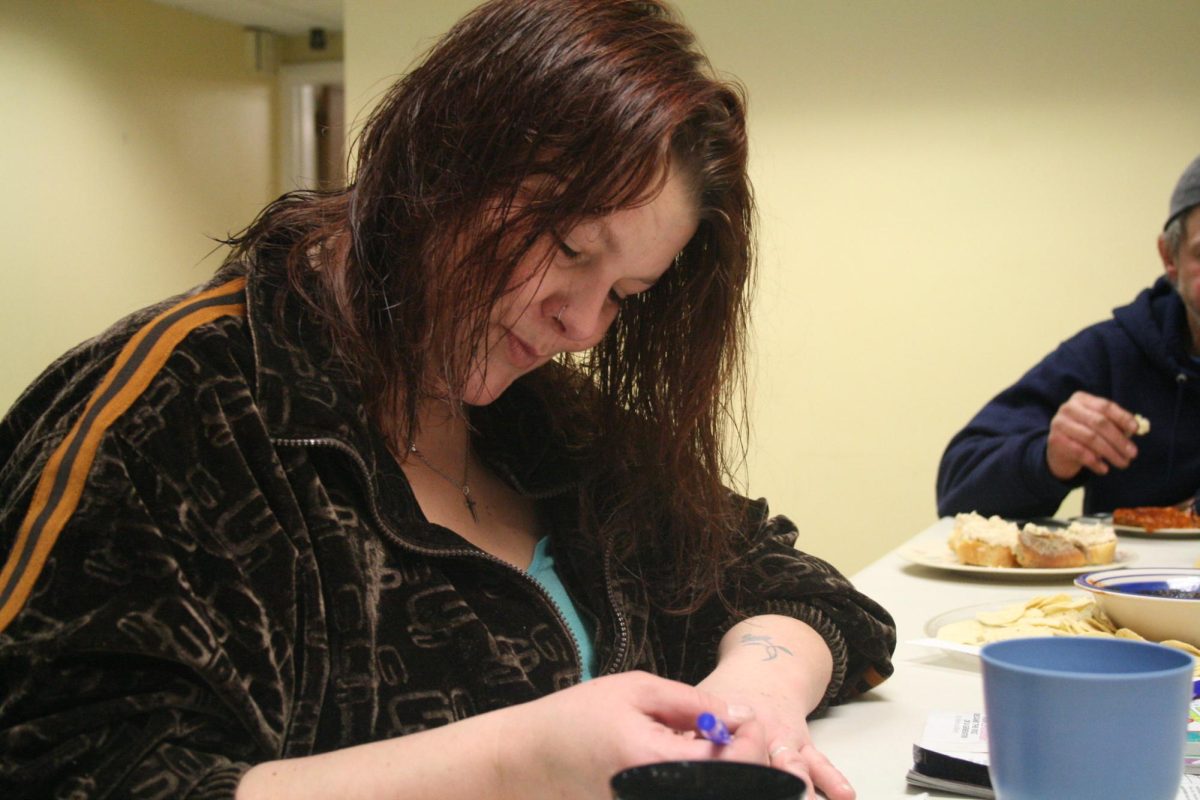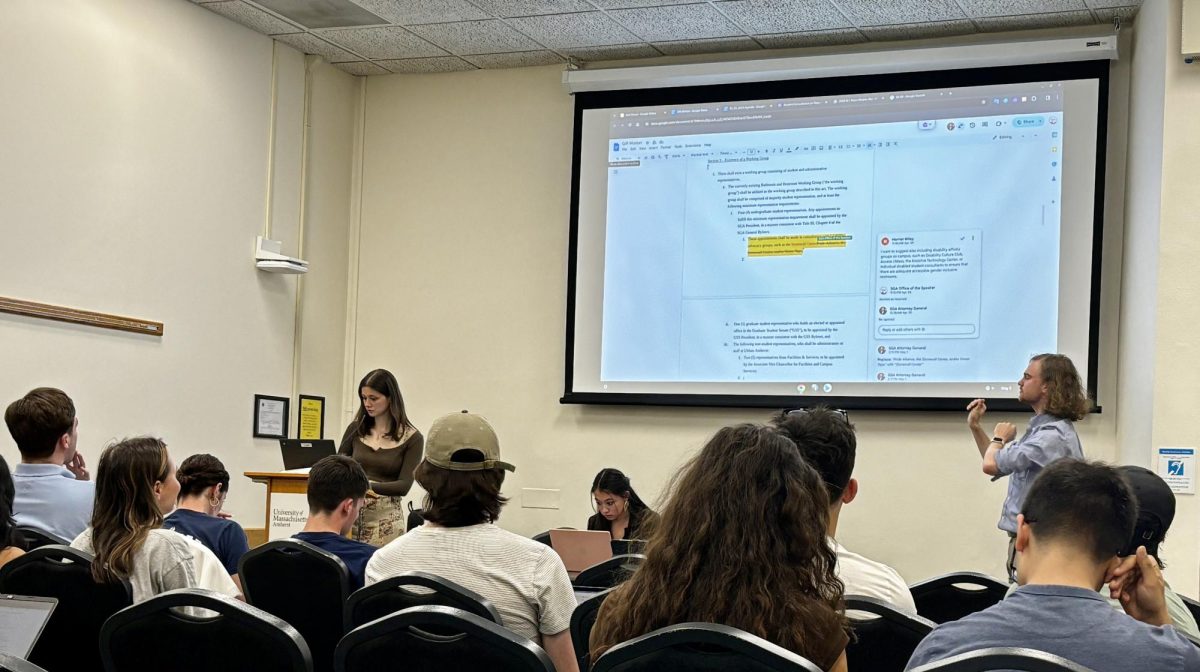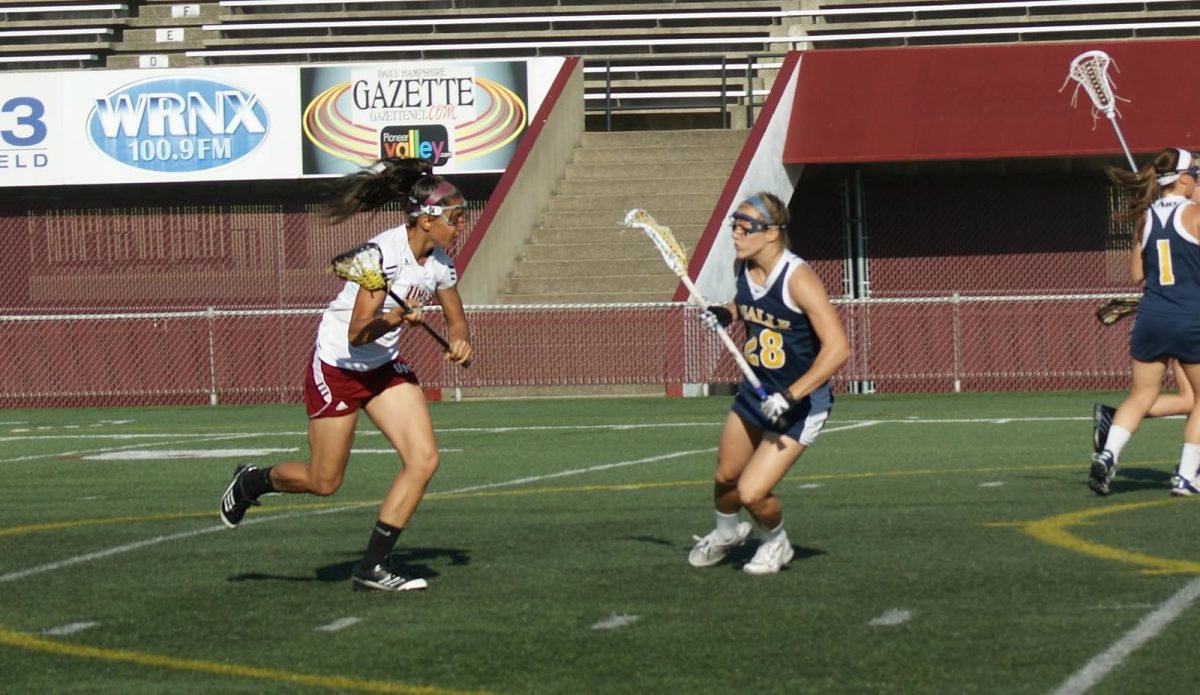A new book published by University of Massachusetts Press hits close to home for Massachusetts residents as it examines the state’s changing economy and labor market. The book, edited by professor of labor studies and director of the Labor Relations Research Center at UMass Amherst Tom Juravich, consists of original essays written by UMass faculty and graduate students as well as labor development specialists and economists. In his introduction to “The Future of Work in Massachusetts,” Juravich wrote, “We need this information not only to inform political and policy debates but to be able as citizens to make informed decisions about our jobs, our work, and our future – to help us have the right dreams.”
“Our role is to publish first-rate works written by faculty,” said Bruce Wilcox, director of UMass Press. “It seemed to us that this was an important topic which assembled an interesting group of contributors to cast light on this subject.”
“The Future of Work in Massachusetts” gives an overview of the state economy and the composition of the workforce, as well as exploring the shortage of well-paid jobs and the fact that one in five women in Massachusetts is a low-wage worker. The book also addresses issues in the healthcare industry and the problems that arise from policies concerning work and family.
The book began in 2004 with a project on its topic. Research was conducted by the labor studies programs at UMass campuses state wide and funded by the state legislature. “Juravich brought together economists, sociologists and political scientists who had been studying the Massachusetts economy and where it was likely to go,” said Wilcox. As Juravich wrote in his introduction, more than 40 research proposals were submitted for the project, which showed that, “clearly, we were not the only ones thinking about how work is changing here in the Commonwealth.” The research findings were presented at a conference at UMass Boston in the spring of 2005, and went on to become the foundation for the book. As a critical part of spreading these research findings, the Massachusetts state legislature provided funds for the distribution of copies of the book to every high school and public library in the state.
“We were fortunate thanks to the Labor Relation Research Center that funds were made available from the state to distribute it to schools that normally would not have bought it,” said Wilcox. “It’s a useful reference for students.”
These copies, sent in November, were accompanied by letters from UMass Amherst Chancellor Thomas Cole that stated, “The distribution of this volume represents the partnership of the University and our state leaders and demonstrates our commitment to education in the Commonwealth.” The letters also said the writing style of the book “makes it accessible to high school students, college students, and general readers.”
In his introduction, Juravich wrote, “To create a volume that was accessible to the broad public, we were most interested in papers that could both speak to major issues in the workplace and to do so without excessive jargon or technical language.” In addition to comprehensive essays on topics that address Massachusetts as a whole, “The Future of Work in Massachusetts” provides a case study of Springfield and the possible reason for the recent fiscal crisis the city has experienced. This collection of research enables Massachusetts residents to understand how the state can progress by explaining the facts about its current workforce and economy.
Caitlin Quinn can be reached at [email protected].






